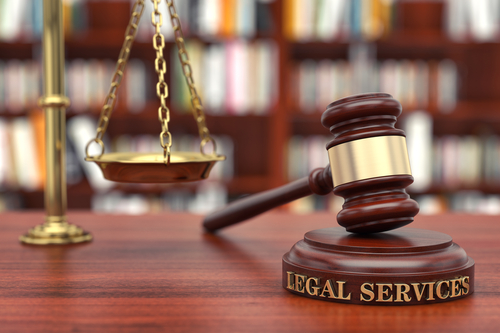DC Bar considers relaxing its already-lenient rules to allow nonlawyer ownership of law firms

Image from Shutterstock.com.
The District of Columbia Bar is considering changes to its ethics rules that could allow external ownership of law firms, as well as businesses in which lawyers and nonlawyers provide both legal and nonlegal services.
The D.C. Bar Global Legal Practice Committee asked for comment on possible rule changes in a Jan. 23 press release, report Law.com, Law360 and Bloomberg Law.
The changes could be of interest to Big Four accounting firms, which employ lawyers for practices overseas that offer legal and nonlegal services.
The D.C. Bar’s rules are already the most lenient in the nation because they allow lawyers and nonlawyers to jointly own law firms that only provide legal services.
When there is joint ownership, the D.C. rules require the nonlawyers to perform professional services that assist the firm in providing legal services to clients and the nonlawyers to follow the rules of professional conduct. In addition, the lawyers who have a financial interest or managerial authority in the firm must be responsible for the nonlawyer participants to the same extent that they would be responsible for lawyers.
Now the D.C. Bar wants to assess whether its already-lenient rules are too restrictive. The bar is considering changes that would allow alternative business structures for the delivery of legal services and multidisciplinary practices.
An alternative business structure could allow external investment in a law firm and nonlawyer ownership of a law firm, according to the D.C. Bar press release. It could also allow nonlawyers to provide some types of legal services.
Multidisciplinary practice is a type of alternative business structure that provides both legal and nonlegal services.
The committee’s regulations would be forwarded to the D.C. Bar’s board of governors, which would then send its recommendations to the D.C. Court of Appeals for consideration. The court of appeals makes the final decision.
California, Utah and Arizona are also studying changes that would relax ethics rules barring nonlawyers from holding a financial interest in law firms.
See also:
ABAJournal.com: “What will it mean for law schools if states ease UPL restrictions?”



